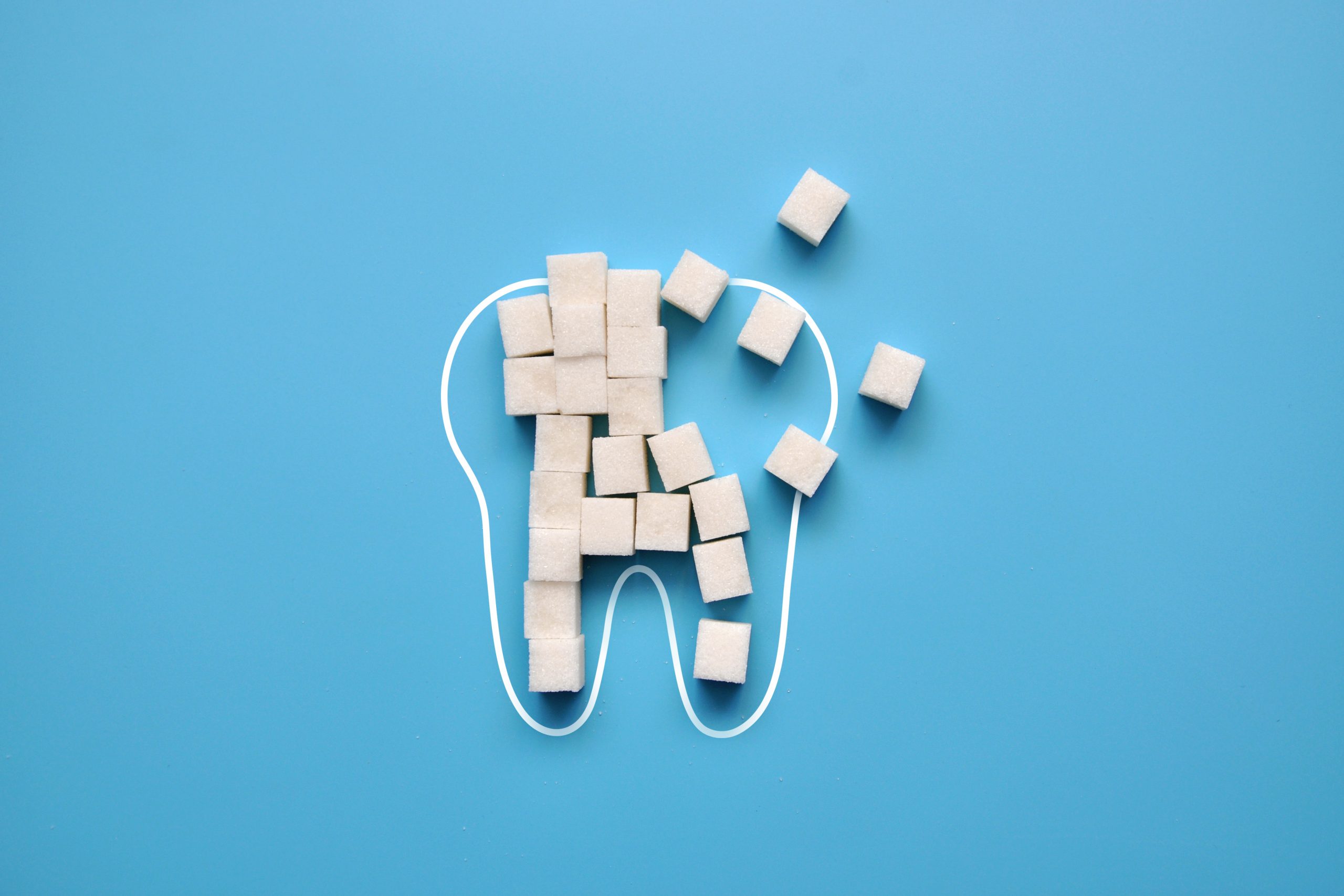Dental health is important for overall health and well-being. However, dental problems such as cavities, gum disease, and tooth loss are common among individuals worldwide. While poor dental hygiene and lifestyle choices contribute to these problems, genetics can also play a significant role.
Genetics and Dental Health
Research suggests that genetics can affect a person’s susceptibility to dental problems. Certain genetic variations can make a person more vulnerable to dental caries, periodontal disease, and other dental issues. The genetic makeup of an individual can also determine the strength of their tooth enamel, the size and shape of their jaw, and their overall oral health.
Genetic variations affecting dental health can be passed down from one generation to the next. This means that if a parent has a dental problem, their child is more likely to experience the same problem. However, it’s important to note that genetics is only one factor contributing to dental health problems. Other factors, such as diet and lifestyle choices, can also impact oral health.
The Role of Genetics in Tooth Decay
Tooth decay is caused by bacteria that produce acids that erode tooth enamel. Research suggests that genetics can affect the number and type of bacteria present in the mouth, as well as the strength of tooth enamel. This means that some individuals may be more prone to tooth decay than others, even if they maintain good oral hygiene.
The Role of Genetics in Periodontal Disease
Periodontal disease is a chronic condition that affects the gums and bone supporting the teeth. Research has identified genetic variations that contribute to an increased risk of periodontal disease. These genetic variations affect the immune system’s response to bacteria in the mouth, making some individuals more susceptible to the disease.
The Role of Genetics in Orthodontic Treatment
Genetics can also play a role in the need for orthodontic treatment. The size and shape of the jaw are determined by genetics, and misaligned teeth and jaws can be hereditary. Some individuals may have overcrowding or spacing issues that require orthodontic treatment to correct.
The Role of Genetics in Tooth Sensitivity
Tooth sensitivity is a common dental problem that causes discomfort when the teeth are exposed to hot, cold, or sweet foods and drinks. Genetics can affect the thickness and quality of tooth enamel, which can impact tooth sensitivity. Individuals with thin or weak enamel may be more susceptible to tooth sensitivity.
Conclusion
Genetics can play a significant role in dental health. Certain genetic variations can make individuals more vulnerable to dental problems such as tooth decay, periodontal disease, misaligned teeth, and tooth sensitivity. While genetics cannot be changed, maintaining good oral hygiene, eating a healthy diet, and avoiding tobacco products can help reduce the risk of dental problems.
Regular dental check-ups are essential for maintaining good oral health. If you have a family history of dental problems, it’s important to inform your dentist, who can provide personalized recommendations for preventative care. By understanding the role of genetics in dental health, individuals can take proactive steps to maintain their oral health and prevent dental problems.





